Home>Garden Essentials>What Is Wrong With GMO Seeds


Garden Essentials
What Is Wrong With GMO Seeds
Published: December 16, 2023
Discover the potential issues with GMO seeds and how they may impact your garden. Learn about the effects and alternatives.
(Many of the links in this article redirect to a specific reviewed product. Your purchase of these products through affiliate links helps to generate commission for Storables.com, at no extra cost. Learn more)
**
Introduction
**
Genetically modified organisms (GMOs) have been a topic of heated debate and controversy in recent years. These organisms, particularly the seeds used to grow genetically modified crops, have sparked concerns regarding their impact on the environment, human health, and the economy. In this article, we will delve into the various aspects of GMO seeds, exploring their history, environmental implications, health risks, economic impact, and ethical considerations. By shedding light on these critical issues, we aim to provide a comprehensive understanding of the controversies surrounding GMO seeds and the reasons behind the ongoing debate. Let's embark on this journey to unravel the complex world of GMO seeds and gain insight into what's wrong with them.
**
Key Takeaways:
- GMO seeds raise concerns about their impact on the environment, human health, and the economy, sparking passionate debates and critical questions about the future of agriculture.
- The controversies surrounding GMO seeds call for transparent risk assessments, comprehensive labeling requirements, and sustainable agricultural practices to foster a balanced approach to genetic modification.
Read more: What Are GMO Seeds
History of GMO Seeds
**
The history of GMO seeds dates back to the 1980s when scientists began experimenting with genetic engineering techniques to enhance crop characteristics. The first genetically modified crop, the Flavr Savr tomato, was approved for commercial production in 1994. This marked the beginning of a new era in agriculture, where genetic modification was touted as a solution to address food scarcity and increase crop resilience.
Over the years, GMO seeds have been developed to possess traits such as resistance to pests, herbicides, and harsh environmental conditions. These traits were intended to improve crop yield and reduce the reliance on chemical pesticides. However, the widespread adoption of GMO seeds has raised concerns about their long-term impact on biodiversity and ecosystem stability.
Furthermore, the dominance of a few agrochemical companies in the production and distribution of GMO seeds has led to a consolidation of power in the agricultural industry. This has resulted in increased control over the seed market, limiting the choices available to farmers and potentially impacting agricultural diversity.
As the use of GMO seeds became more prevalent, controversies emerged regarding the potential risks associated with genetically modified crops. The debate surrounding GMO seeds intensified as concerns about their environmental impact, health implications, economic consequences, and ethical considerations came to the forefront. These issues have sparked a global conversation about the role of GMO seeds in modern agriculture and the need to address the challenges they pose.
**
Environmental Concerns
**
The introduction and widespread use of GMO seeds have raised significant environmental concerns. One of the primary issues is the potential impact on biodiversity. The cultivation of genetically modified crops has the potential to reduce biodiversity by promoting the dominance of a limited number of engineered varieties. This can lead to a decline in native plant species and disrupt the delicate balance of local ecosystems.
Another environmental concern associated with GMO seeds is the development of herbicide-resistant weeds. The use of herbicide-resistant crops has led to the overreliance on specific herbicides, resulting in the evolution of resistant weed species. This phenomenon has necessitated the use of more potent herbicides, leading to further environmental damage and contributing to the cycle of herbicide resistance.
Furthermore, the potential for gene flow from genetically modified crops to wild plant populations raises the risk of genetic contamination. This can have far-reaching consequences, particularly in regions where native plant species are essential for maintaining ecological equilibrium. The uncontrolled spread of genetically modified traits to wild relatives could have irreversible implications for natural ecosystems.
Additionally, the use of GMO seeds has raised concerns about the impact on non-target organisms, including beneficial insects and soil microorganisms. The potential unintended effects of genetically modified crops on non-target species have prompted questions about the overall ecological sustainability of GMO agriculture.
Addressing these environmental concerns requires a comprehensive understanding of the long-term effects of GMO seeds on ecosystems and the implementation of sustainable agricultural practices. By carefully evaluating the environmental impact of genetically modified crops, we can work towards mitigating the potential harm and fostering a more balanced coexistence between agriculture and the environment.
**
Health Risks
**
The introduction of GMO seeds into the food supply has sparked concerns about potential health risks associated with consuming genetically modified crops. One of the primary areas of concern is the potential for allergenic reactions to genetically modified foods. The process of genetic modification can introduce new proteins or alter the composition of existing ones, leading to the possibility of triggering allergic responses in susceptible individuals.
Another health risk associated with GMO seeds is the potential transfer of antibiotic resistance markers. During the genetic engineering process, antibiotic resistance genes are commonly used as markers to identify successful gene transfer. There is concern that the presence of these antibiotic resistance genes in genetically modified crops could contribute to the spread of antibiotic resistance in bacteria, posing a threat to public health.
Furthermore, the use of genetically modified crops in animal feed has raised questions about the potential indirect effects on human health. The consumption of animal products derived from livestock fed with genetically modified feed has prompted concerns about the transfer of modified genetic material to humans through the food chain, raising uncertainties about the long-term health implications.
Additionally, the potential unintended effects of genetic modification on the nutritional content of crops have raised questions about the overall nutritional quality of GMO foods. The alteration of essential nutrients or the introduction of new compounds through genetic engineering has prompted calls for thorough assessment of the nutritional impact of genetically modified crops on human health.
Addressing these health risks requires rigorous testing and evaluation of genetically modified crops to ensure their safety for human consumption. Transparency in labeling and comprehensive risk assessments are crucial in providing consumers with the information they need to make informed choices about the foods they consume.
**
When discussing the potential issues with GMO seeds, it’s important to consider the potential environmental impact, such as the development of herbicide-resistant weeds and the loss of biodiversity.
Economic Impact
**
The widespread adoption of GMO seeds has had significant economic implications for farmers, agricultural industries, and global food markets. One of the key areas of impact is the cost associated with purchasing GMO seeds and related agricultural inputs. The high upfront costs of GMO seeds, coupled with the requirement for specific herbicides and pesticides designed to complement these crops, have contributed to increased production expenses for farmers.
Furthermore, the proprietary nature of GMO seeds and their associated technologies has raised concerns about intellectual property rights and farmer autonomy. The reliance on patented seeds has limited farmers’ ability to save and replant seeds from their harvest, leading to ongoing dependence on seed companies and escalating input costs. This has sparked debates about the concentration of power in the hands of a few agrochemical corporations and its impact on agricultural sustainability.
Another economic consideration is the potential market access barriers for non-GMO and organic farmers. The coexistence of genetically modified and non-genetically modified crops has presented challenges in maintaining the segregation of different crop types throughout the production and supply chain. This has led to concerns about market access and potential trade implications for farmers who choose to cultivate non-GMO or organic crops.
Moreover, the economic impact of GMO seeds extends to global trade dynamics and market preferences. The presence of genetically modified crops in the global food supply has prompted discussions about consumer preferences, labeling requirements, and trade regulations. The varying stances on GMO acceptance among different countries have contributed to complex trade dynamics and market access considerations.
Addressing the economic impact of GMO seeds requires a balanced approach that considers the needs of farmers, market dynamics, and consumer preferences. Strategies to promote agricultural diversity, support farmer autonomy, and ensure fair market access for all types of agricultural production are essential for fostering a resilient and inclusive agricultural economy.
**
Read more: What Chemical Is In GMO Seeds
Ethical Considerations
**
The introduction of GMO seeds has raised profound ethical considerations that extend beyond the realms of agriculture and food production. One of the central ethical concerns is the potential impact of genetic modification on the autonomy of farmers and their rights to save and exchange seeds. The shift towards patented GMO seeds has raised questions about the equitable distribution of agricultural knowledge and resources, as well as the implications for traditional farming practices.
Furthermore, the ethical implications of genetic modification encompass broader societal concerns, including issues of transparency, consumer choice, and environmental stewardship. The lack of clear labeling requirements for genetically modified products has sparked debates about consumers’ right to make informed choices about the foods they purchase and consume. This has led to discussions about the ethical responsibilities of food producers and regulatory bodies in providing transparent information to consumers.
Another ethical consideration revolves around the potential impact of GMO seeds on global food security and the livelihoods of small-scale farmers. The concentration of power in the hands of a few agrochemical companies, coupled with the potential displacement of traditional seed-saving practices, has prompted reflections on the equitable distribution of agricultural benefits and the preservation of agricultural diversity.
Moreover, the ethical dimensions of genetic modification extend to broader philosophical and cultural perspectives, raising questions about humanity’s role in shaping the genetic makeup of living organisms and the long-term implications for ecological balance. The ethical implications of genetic engineering encompass considerations of intergenerational equity, environmental justice, and the moral responsibility to safeguard the integrity of natural systems.
Addressing the ethical considerations surrounding GMO seeds requires a holistic approach that integrates diverse perspectives, including those of farmers, consumers, policymakers, and ethicists. By fostering open dialogue and ethical reflection, we can strive to navigate the complex ethical landscape of genetic modification and cultivate a more inclusive and ethically conscious approach to agricultural innovation.
**
Conclusion
**
The controversies surrounding GMO seeds are multifaceted, encompassing environmental, health, economic, and ethical dimensions that have ignited passionate debates and raised critical questions about the future of agriculture. As we reflect on the complexities of genetic modification and its implications, it is essential to approach the discourse with a nuanced understanding of the diverse perspectives and considerations at play.
While GMO seeds have offered potential solutions to agricultural challenges, including pest resistance and enhanced crop resilience, the associated environmental concerns, health risks, and economic implications call for careful reflection and proactive measures to address the underlying issues. The need for transparent risk assessments, comprehensive labeling requirements, and sustainable agricultural practices is paramount in fostering a balanced approach to genetic modification.
Furthermore, ethical considerations surrounding GMO seeds underscore the importance of preserving farmer autonomy, promoting agricultural diversity, and upholding consumer rights to make informed choices about the foods they consume. By integrating ethical reflection into the discourse on genetic modification, we can strive to cultivate an agricultural landscape that embraces diversity, equity, and environmental stewardship.
As we navigate the complexities of GMO seeds, it is crucial to recognize the interconnectedness of agricultural systems with broader societal, ecological, and ethical frameworks. By engaging in open dialogue, collaborative research, and inclusive decision-making processes, we can work towards a more holistic and responsible approach to agricultural innovation.
In conclusion, the controversies surrounding GMO seeds compel us to critically examine the intersections of science, ethics, and sustainability in agriculture. By embracing a multidimensional perspective and fostering a collective commitment to responsible innovation, we can navigate the challenges and opportunities presented by genetic modification, ultimately shaping a more resilient, equitable, and ethically conscious agricultural future.
Frequently Asked Questions about What Is Wrong With GMO Seeds
Was this page helpful?
At Storables.com, we guarantee accurate and reliable information. Our content, validated by Expert Board Contributors, is crafted following stringent Editorial Policies. We're committed to providing you with well-researched, expert-backed insights for all your informational needs.
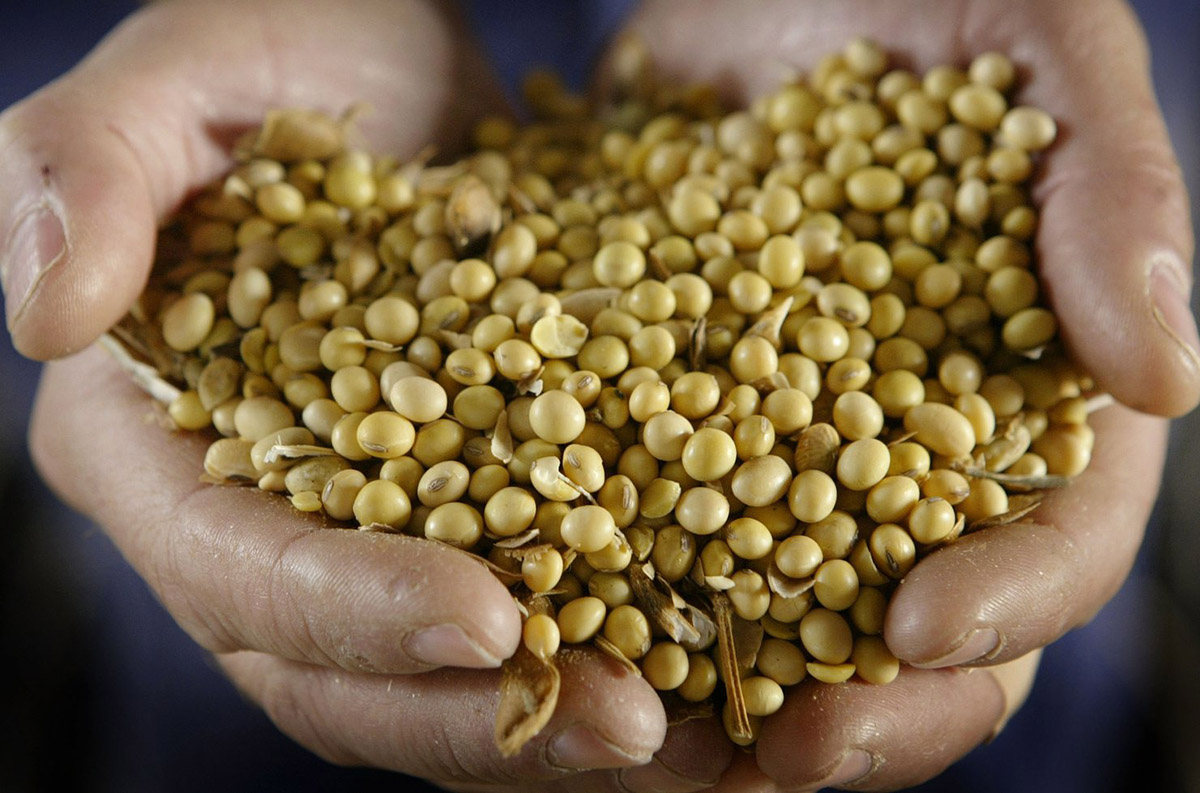

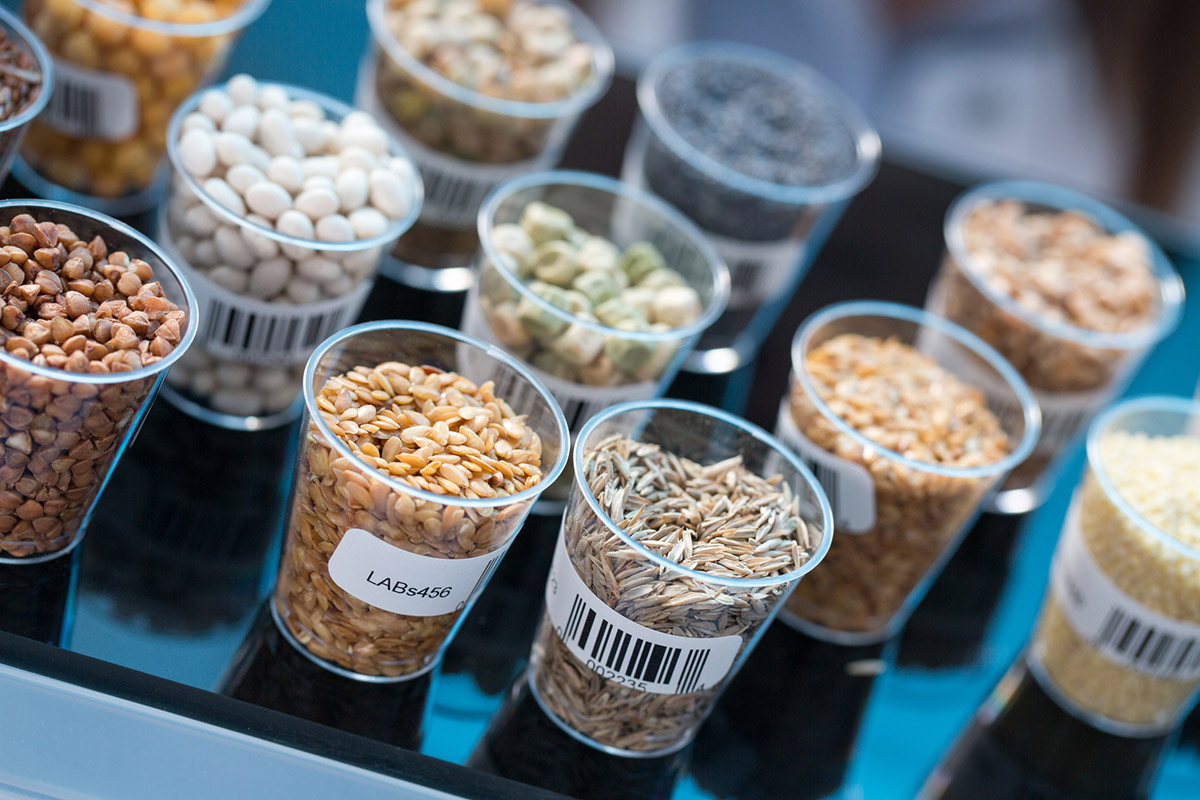
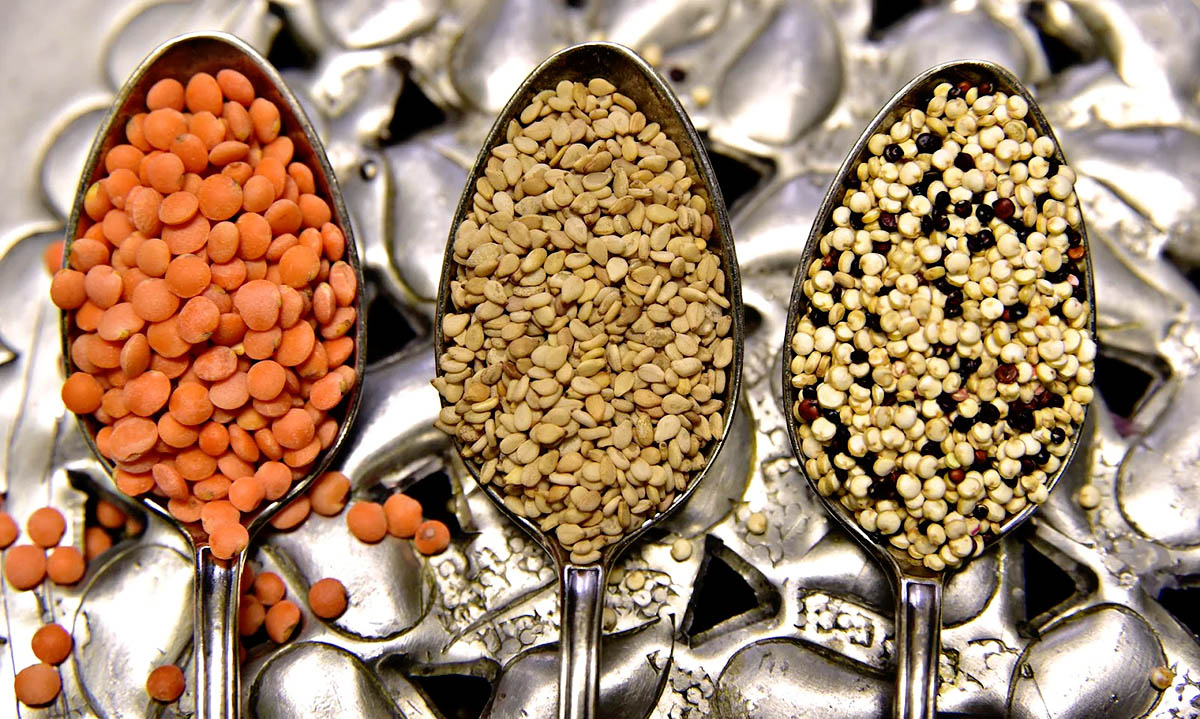

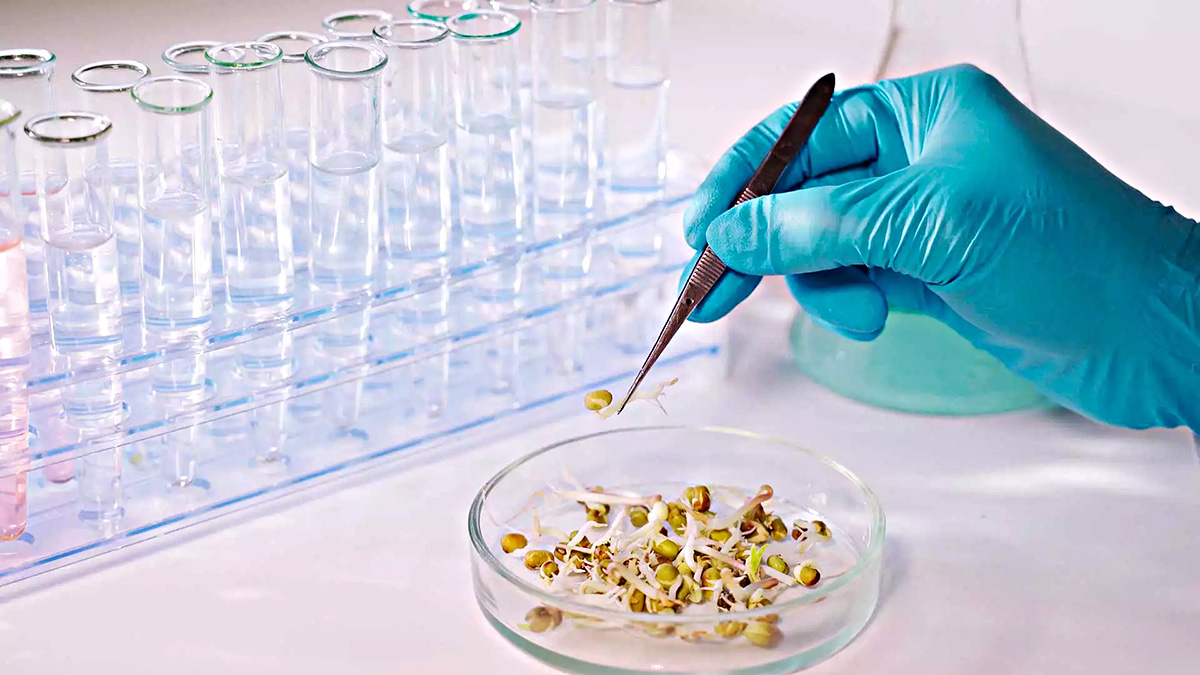

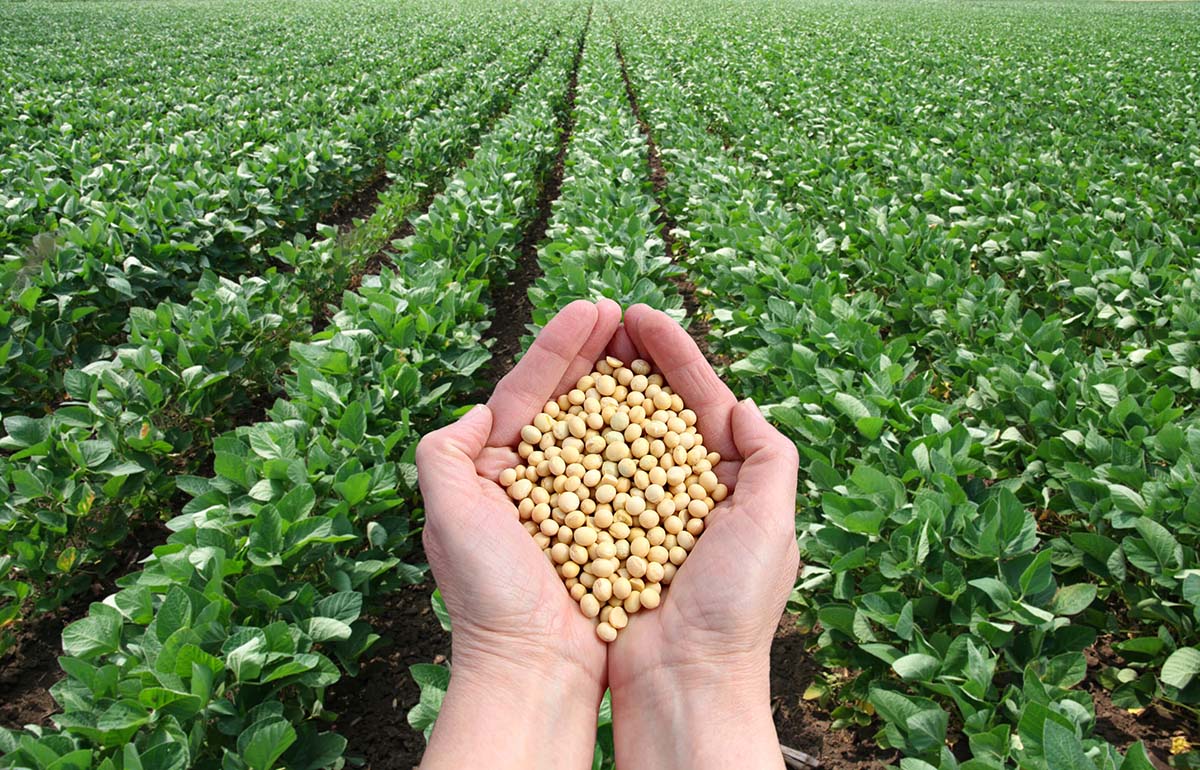
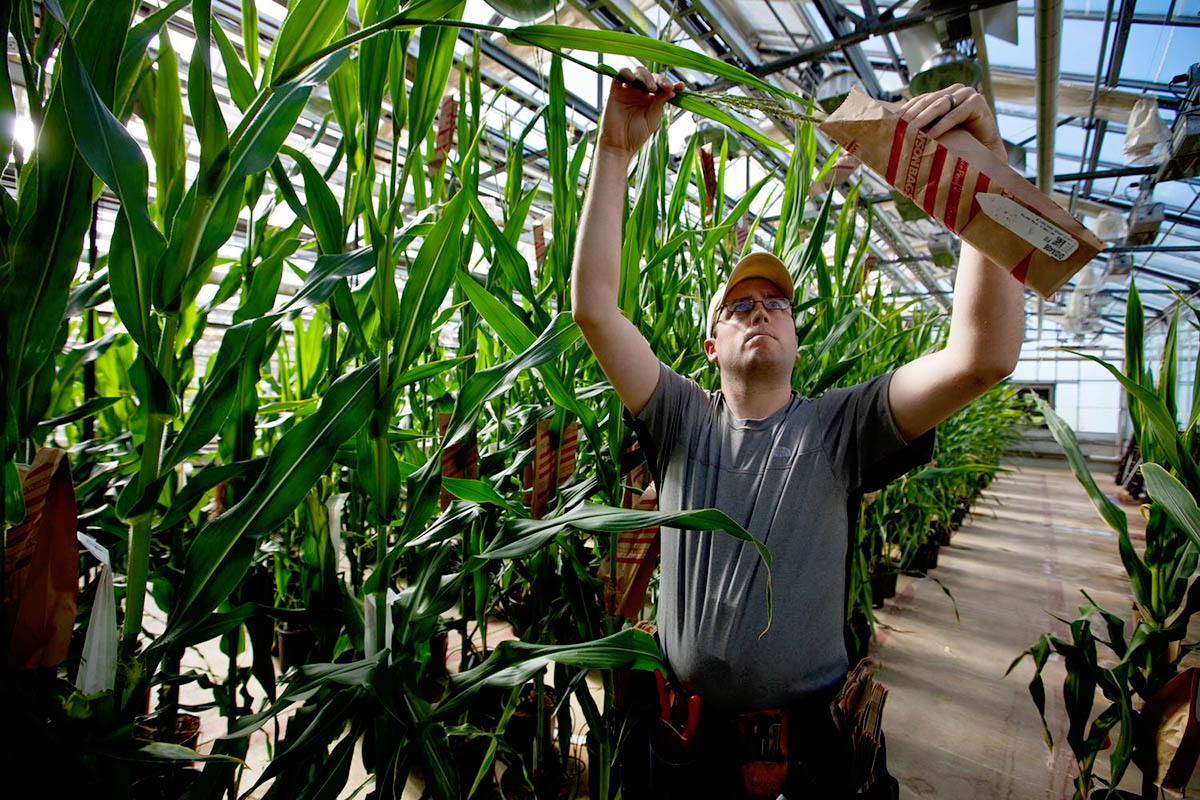

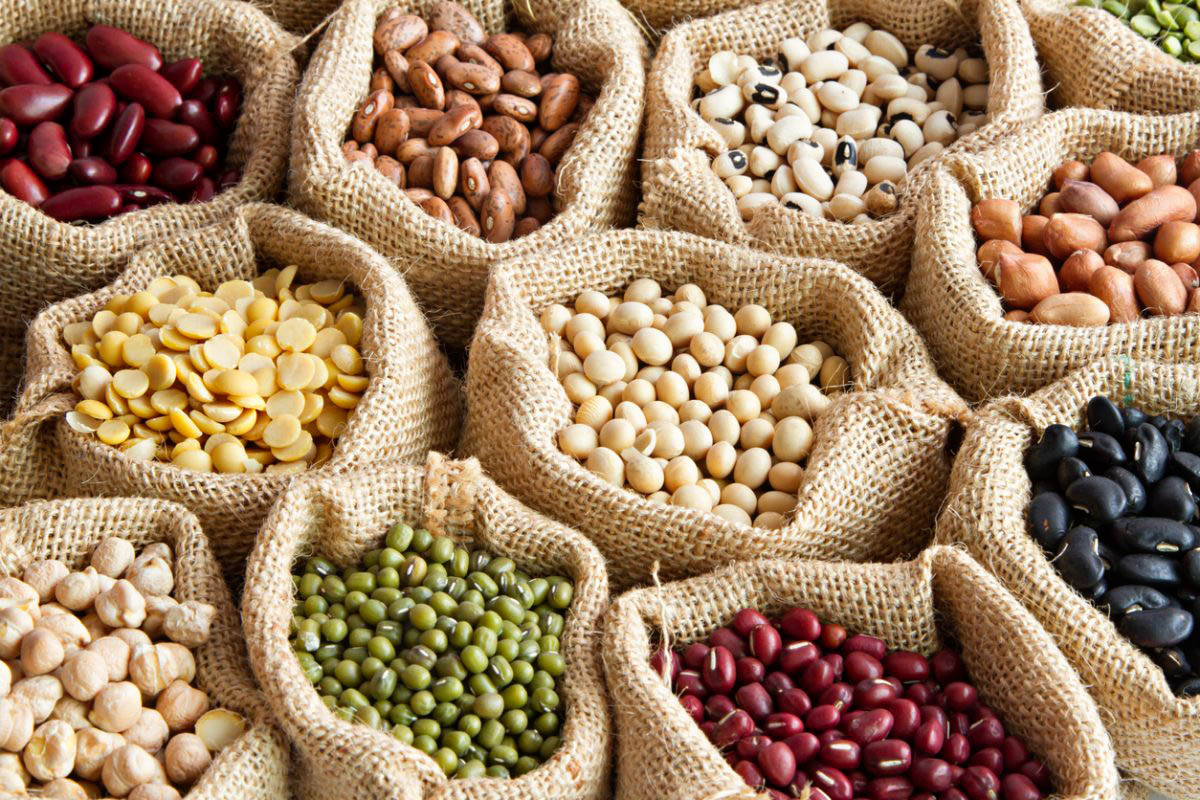




0 thoughts on “What Is Wrong With GMO Seeds”